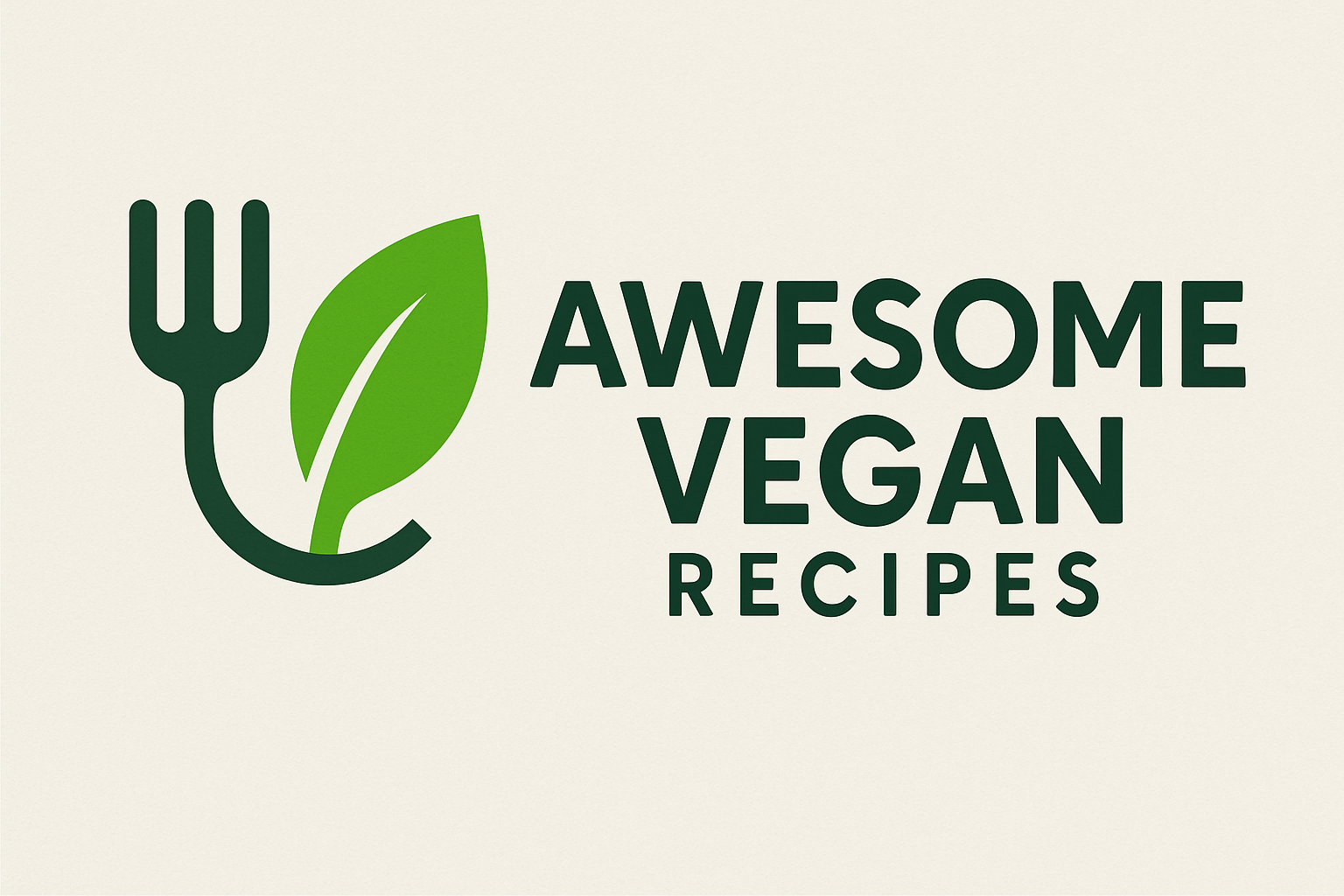Drop the Pounds with a Plant-Based Diet: The Ultimate Vegan Weight Loss Guide
Drop the Pounds with a Plant-Based Diet: The Ultimate Vegan Weight Loss Guide
In today’s society, weight loss is a common goal for many individuals. Whether it be for health reasons, aesthetic purposes, or both, finding the right diet and lifestyle plan to achieve weight loss goals can be overwhelming. Fortunately, plant-based diets, specifically veganism, have gained popularity in recent years for their numerous health benefits, including weight loss.
In this ultimate vegan weight loss guide, I will delve into the fundamentals of a plant-based diet, debunk common myths surrounding veganism and weight loss, provide practical tips for transitioning to a vegan lifestyle, and offer advice on incorporating key nutrients to support weight loss.
Understanding the Basics of a Plant-Based Diet
A plant-based diet focuses on consuming whole, minimally processed plant foods such as fruits, vegetables, whole grains, legumes, nuts, and seeds. By eliminating animal products like meat, dairy, and eggs, individuals can reduce their intake of saturated fats and cholesterol while increasing their intake of fiber, vitamins, minerals, and antioxidants.
One of the key components of a plant-based diet is its emphasis on whole foods. Processed vegan foods such as vegan cheese, vegan ice cream, and mock meats may be convenient options for those transitioning to a plant-based diet, but they are often high in added sugars, salt, and unhealthy fats. To truly reap the weight loss benefits of a plant-based diet, it is essential to focus on whole, nutrient-dense foods.
Debunking Myths About Veganism and Weight Loss
One common misconception about veganism and weight loss is that a plant-based diet lacks essential nutrients necessary for maintaining a healthy weight. However, studies have shown that individuals following a plant-based diet tend to have lower body mass indexes (BMIs) and lower rates of obesity compared to their omnivorous counterparts. By focusing on nutrient-dense plant foods and incorporating a variety of fruits, vegetables, whole grains, and legumes, individuals can easily meet their nutrient needs while supporting weight loss goals.
Another myth surrounding veganism and weight loss is that protein intake will be insufficient on a plant-based diet. While animal products are rich sources of protein, plant foods like legumes, tofu, tempeh, seitan, quinoa, and nuts are also excellent sources of protein. By including a variety of protein-rich plant foods in one’s diet, individuals can easily meet their protein needs while supporting muscle growth and weight loss.
Practical Tips for Transitioning to a Vegan Lifestyle
Transitioning to a plant-based diet can be a daunting task for some individuals, especially those accustomed to eating animal products on a regular basis. To make the transition smoother, it is important to start slow and gradually incorporate more plant-based foods into one’s diet. Begin by incorporating Meatless Mondays or opting for plant-based alternatives to your favorite animal products. Experiment with new recipes, try different fruits and vegetables, and explore plant-based cooking techniques to keep meals exciting and satisfying.
It is also essential to plan ahead and ensure that your pantry is stocked with plant-based staples like beans, lentils, whole grains, nuts, seeds, and spices. By having these ingredients on hand, you can easily whip up nutritious and flavorful meals that support your weight loss goals. Additionally, be sure to read labels carefully and avoid processed vegan foods that are high in added sugars, salt, and unhealthy fats.
Incorporating Key Nutrients for Weight Loss on a Plant-Based Diet
While a plant-based diet can provide all the necessary nutrients for weight loss, it is important to pay attention to certain key nutrients that may require special attention. These nutrients include:
– Protein: As mentioned earlier, protein is essential for supporting muscle growth and weight loss. Include a variety of protein-rich plant foods in your diet to meet your protein needs.
– Fiber: Fiber is crucial for promoting satiety, regulating blood sugar levels, and supporting digestive health. Aim to include plenty of fruits, vegetables, whole grains, and legumes in your meals to meet your fiber needs.
– Omega-3 fatty acids: Omega-3 fatty acids are essential for brain health, heart health, and reducing inflammation. Include plant-based sources of omega-3 fatty acids like flaxseeds, chia seeds, hemp seeds, walnuts, and algae-based supplements in your diet.
– Vitamin B12: Vitamin B12 is primarily found in animal products, so it is important for vegans to supplement with a B12 supplement or include fortified foods like plant-based milks, cereals, and nutritional yeast in their diet.
By incorporating these key nutrients into your plant-based diet, you can support weight loss while ensuring that your body receives the necessary nutrients for optimal health.
In conclusion, a plant-based diet offers numerous benefits for weight loss, including improved satiety, increased nutrient intake, and lower rates of obesity. By understanding the basics of a plant-based diet, debunking common myths surrounding veganism and weight loss, adopting practical tips for transitioning to a vegan lifestyle, and incorporating key nutrients for weight loss, individuals can achieve their weight loss goals while supporting their overall health and well-being. Remember, weight loss is a journey, not a destination, so be patient, listen to your body, and enjoy the abundance of delicious and nutritious plant foods that a vegan lifestyle has to offer.






